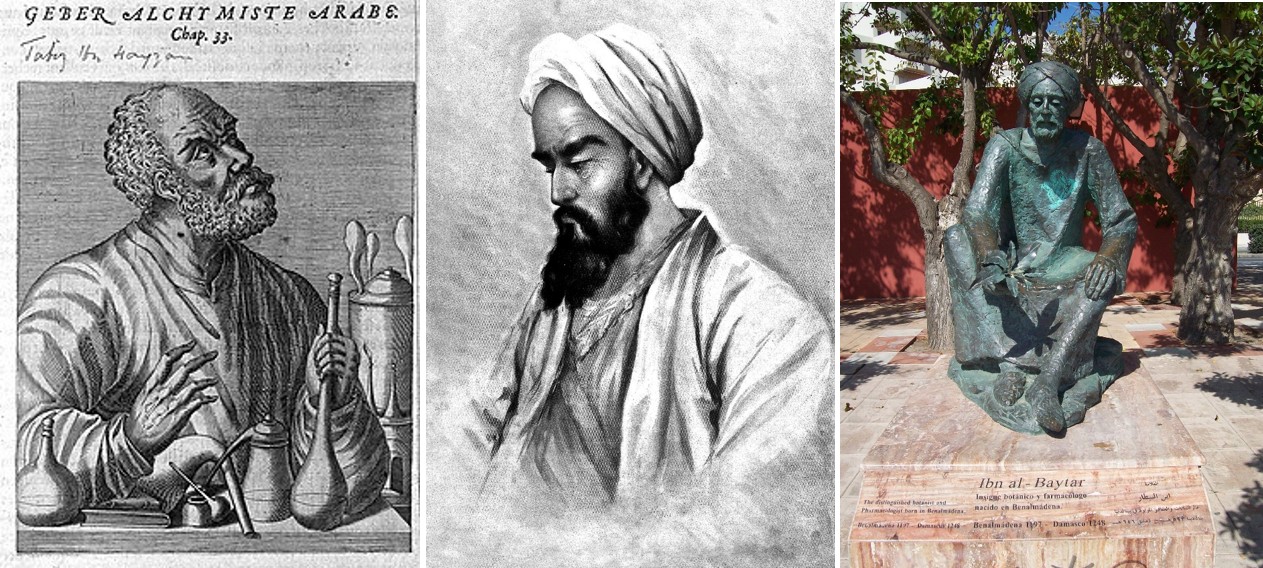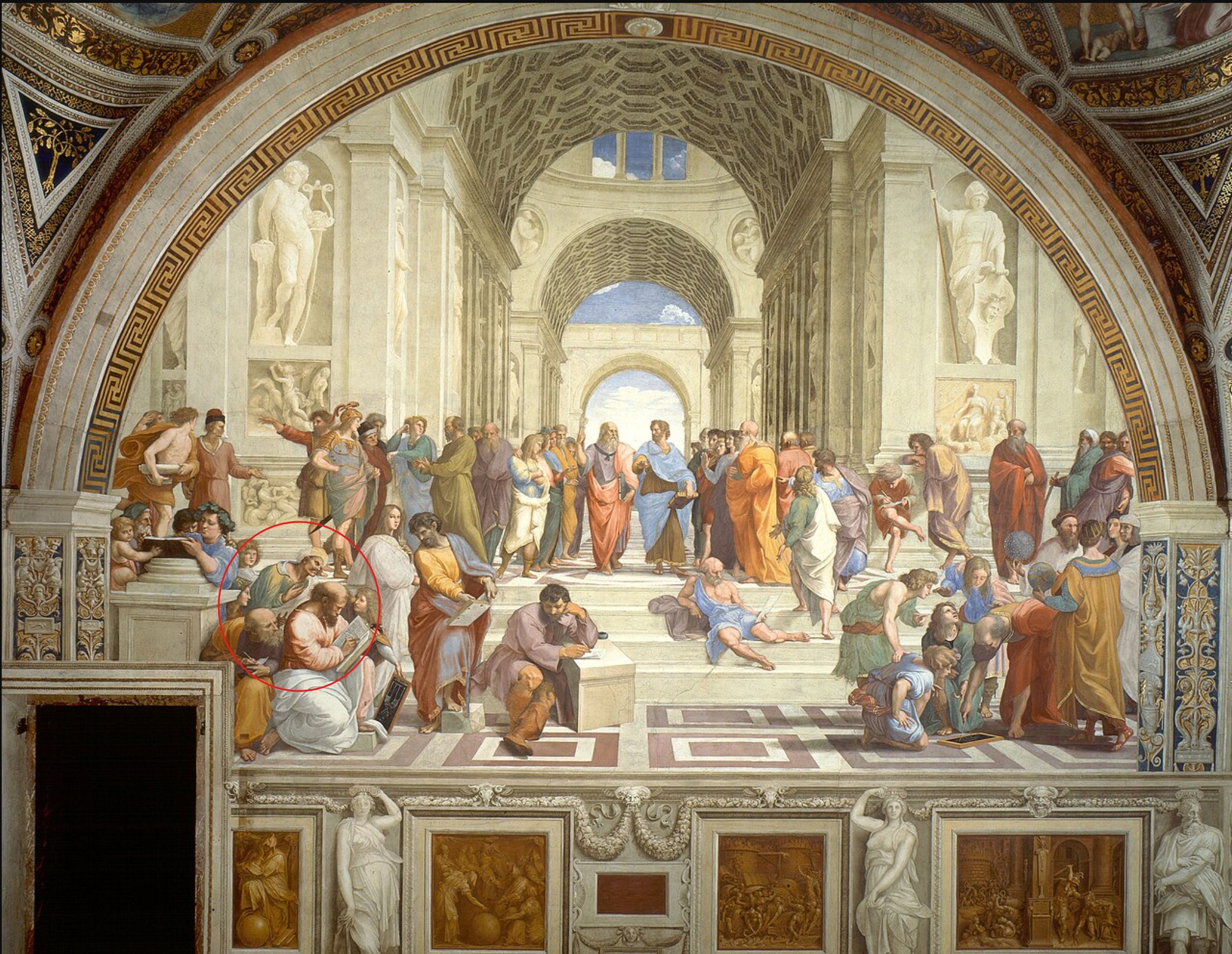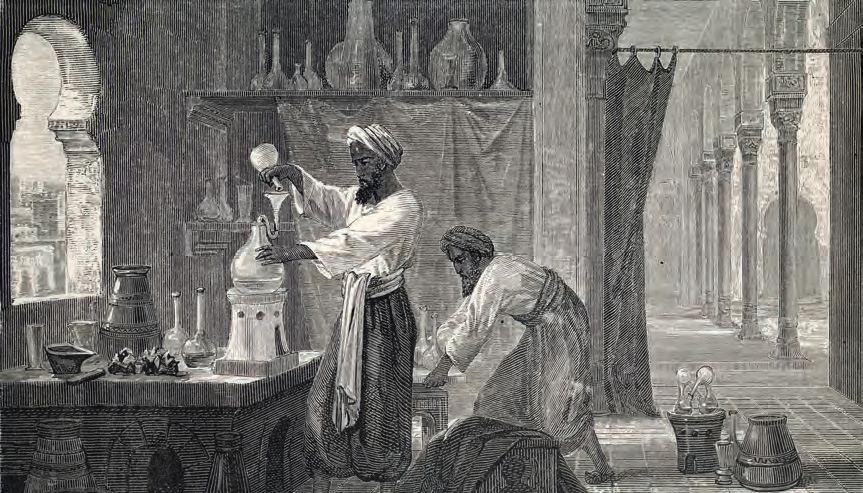

Scholars from Muslim Civilisation such as Jaber ibn Haiyan (Jabir ibn Hayyan) and Al-Razi laid the foundations of modern chemistry through their experiments and descriptions of chemical substances and processes. Al-Razi’s Secret of Secrets is…


This study explores the substantial influence of Muslim scholars on the intellectual progress of Western society during the Medieval Era. By examining the dynamic relationship between Arab-Islam and European-Christianity, this research emphasizes the significant impact…


From rose water to hair dye, soap to paint, early chemists worked to create a panoply of useful substances. As early as the middle of the ninth century, experimenters in Muslim civilisation were aware of…


The issue of desalination of salt water has captured the attention of many scientists of Islamic civilization due to the suffering of people who lived in dry areas with scarce fresh water and rain resources.…


Toxicology and Pharmacy: In the field of toxicology an early manual was Kitab as-Sumum attributed to Shanaq the Indian and translated into Arabic by al-’Abbas bin Sa’id al-Jawhari for the Caliph al-Mamun (r.813-833). The text discusses poisons and how they can…


Being the home of the encyclopaedic scholar Al-kindi and the great chemist Jabir Ibn Hayan, Kufa had a key role in the history of science.


Experiment is what differentiates science of Muslim Civilisation from Greek speculation (called science). Experiment began with the Muslims, centuries before the likes of Grosseteste.